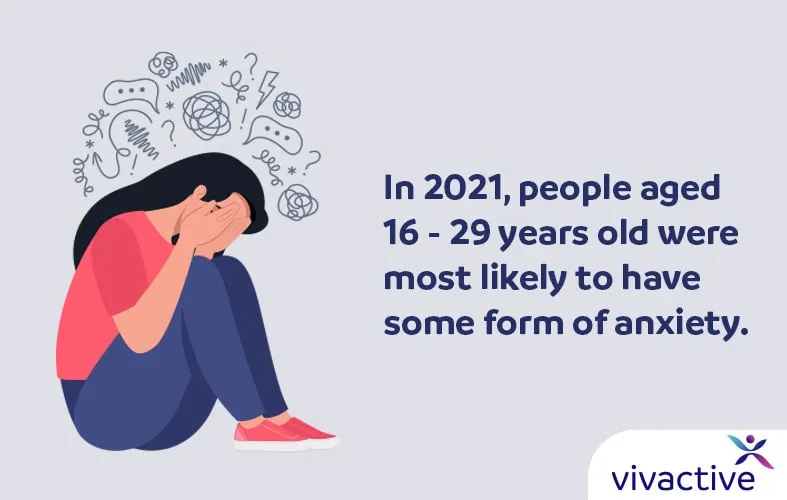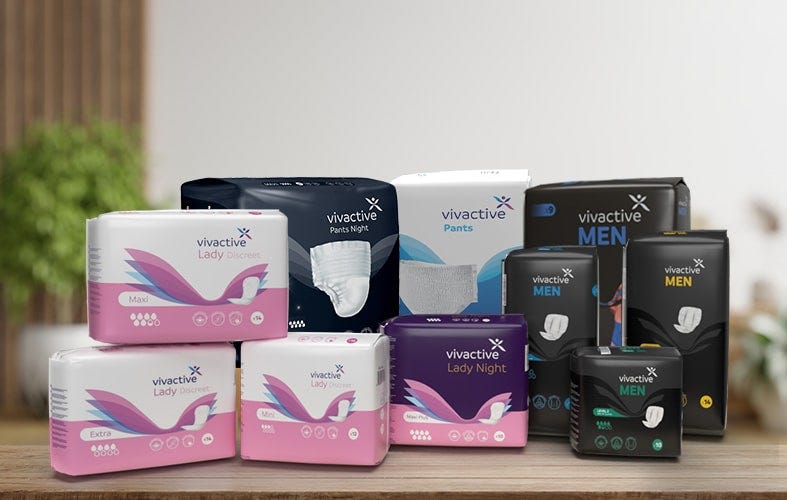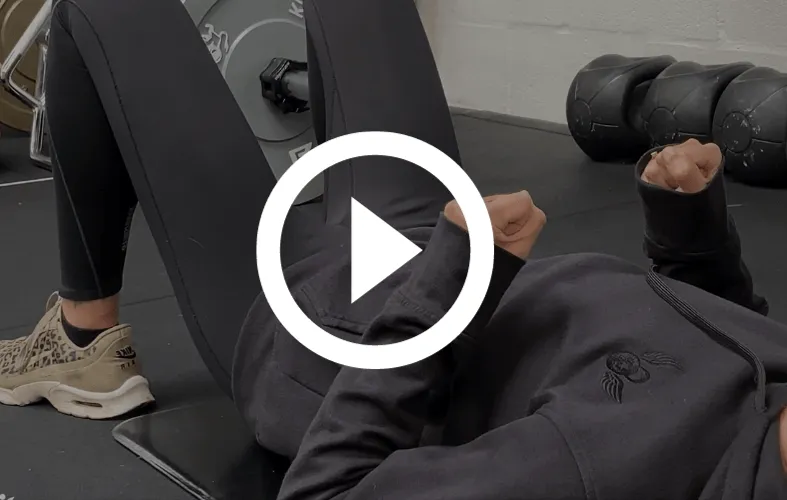
Share this page with friends
Am I too young to be incontinent?
Social stigma and isolation
Incontinence is often accompanied by societal stigmas, taboos and myths. Couple this with the insurmountable pressure of being in the 18-30 age bracket and you’re looking at a recipe for disaster. Talking openly about life's usual gripes is often a challenging thing to do when you’re young, let alone talking openly about incontinence.
An understandable reluctance to talk about your bladder/bowel weakness can lead to feelings of isolation and negatively impact mental health. Creating a supportive environment and breaking the silence of incontinence is a big step and one that in the long term will really help.
Although difficult, breaking the silence surrounding incontinence will really help to foster a supportive environment.
The emotional toll of living with incontinence can be profound. A serious number of young adults are experiencing anxiety, depression, or a diminished sense of self-worth. In fact, in 2021, people aged 16 - 29 years old were most likely to have some form of anxiety.

Managing incontinence: Practical strategies for young adults
Open communication:
Talking is the first step towards managing incontinence effectively. Encourage open communication with friends, family, and if needs be, healthcare professionals. Discussing the condition openly will help to diminish feelings of shame and isolation and empower them to live their best life.
Seeking professional help:
Be sure to chat to healthcare professionals and GPs for an accurate diagnosis and tailored management plan. You aren’t alone and nobody is expecting you to manage incontinence by yourself. Young adults (and anyone else for that matter) should reach out to healthcare providers who can offer guidance on lifestyle adjustments.
Choose the Right Products:
The types of products vary from person to person depending on their lifestyle, mobility and severity of symptoms. Very generally speaking, it’s most likely that a young adult will need either a large-shaped pad, a discreet pad, pull-up pants or nappies. I’d advise buying a pack of each and seeing which ones suit you best. Vivactive offer market-leading incontinence products at a fraction of the cost of what you’d find in the supermarket. Premium items at a budget-price are a great choice for young adults with a budget to manage.

Embrace some lifestyle changes:
Certain lifestyle changes can really help your management of incontinence. Start by incorporating pelvic floor exercises into your daily routine. Building a strong pelvic floor is a super important part of managing incontinence and it’s something you can do at home without a massive time sink. If you have a spare 10 minutes, check out our top 4 pelvic floor exercises below:

Monitoring your fluid intake and building a regular toilet schedule will also be helpful. By controlling the things that you can control, you’ll begin to feel more empowered and a little less lost.
Lean on your support network:
Falling back on a support network is really important for emotional well-being. Connecting with others who share similar experiences, whether through local support groups or online communities, provides a platform for sharing advice, encouragement, and coping strategies.
Educate people:
Unfortunately whilst incontinence remains a taboo subject it falls on all of our shoulders to destigmatise it. Being open about it is step one. Step two is informing yourself. Step three is sharing what you know so that you can educate others. By raising awareness you’ll foster an inclusive environment and eventually help to change perceptions.
I’d be lying if I didn’t say this wasn’t easier said than done. So, don’t feel like you need to go out there all guns blazing. But, when you’re ready, you’ll smash it.






